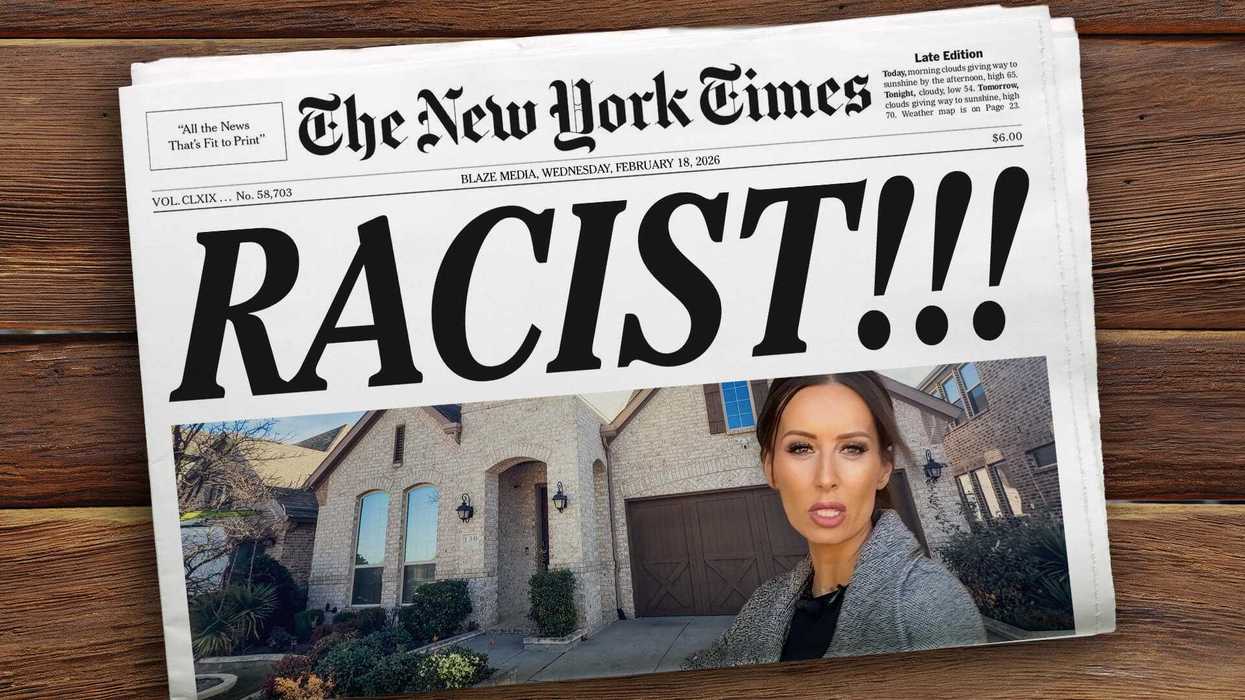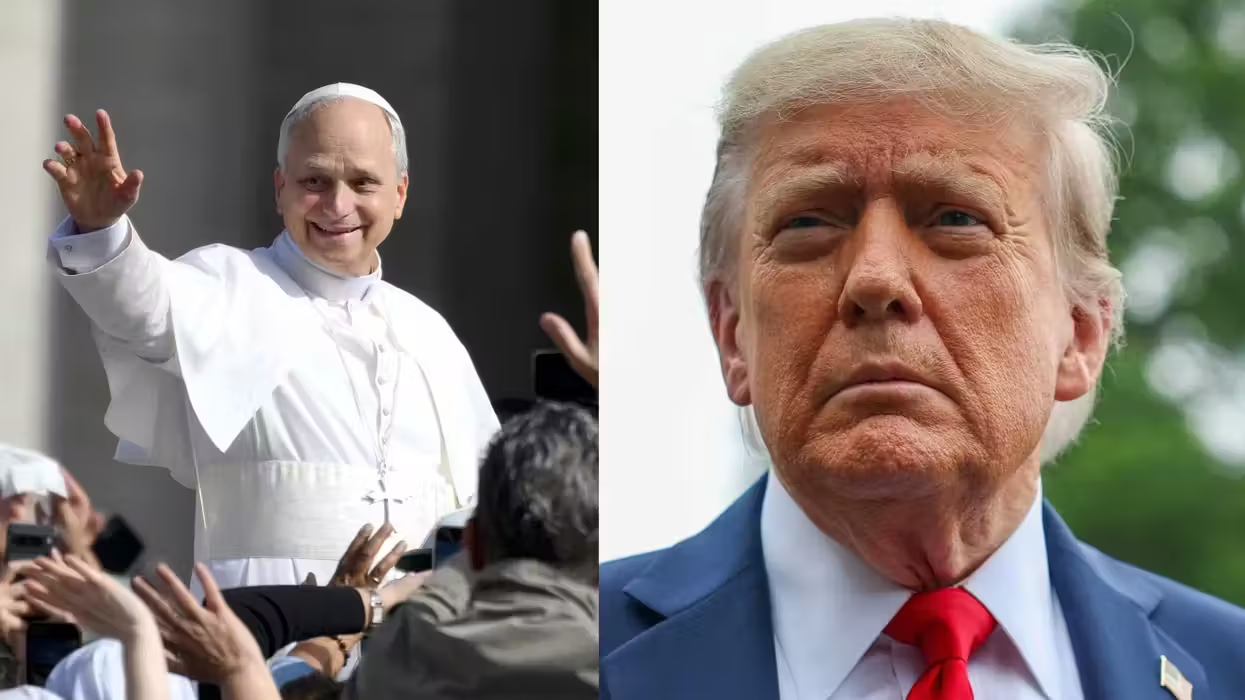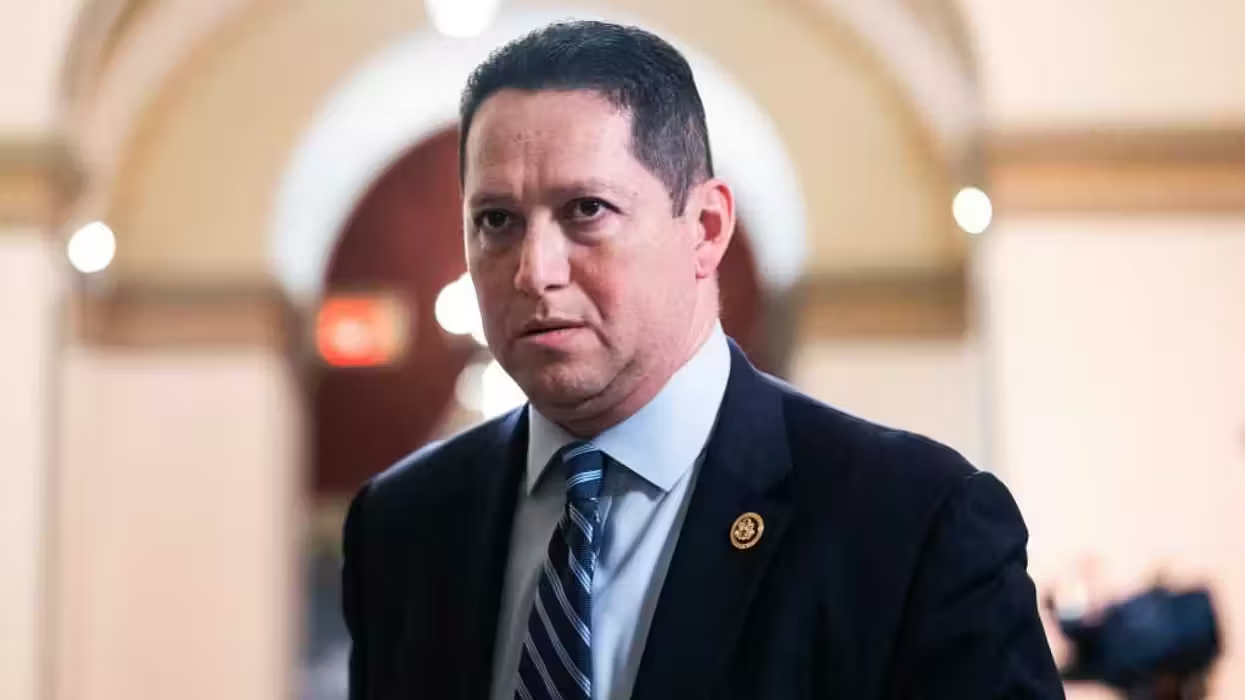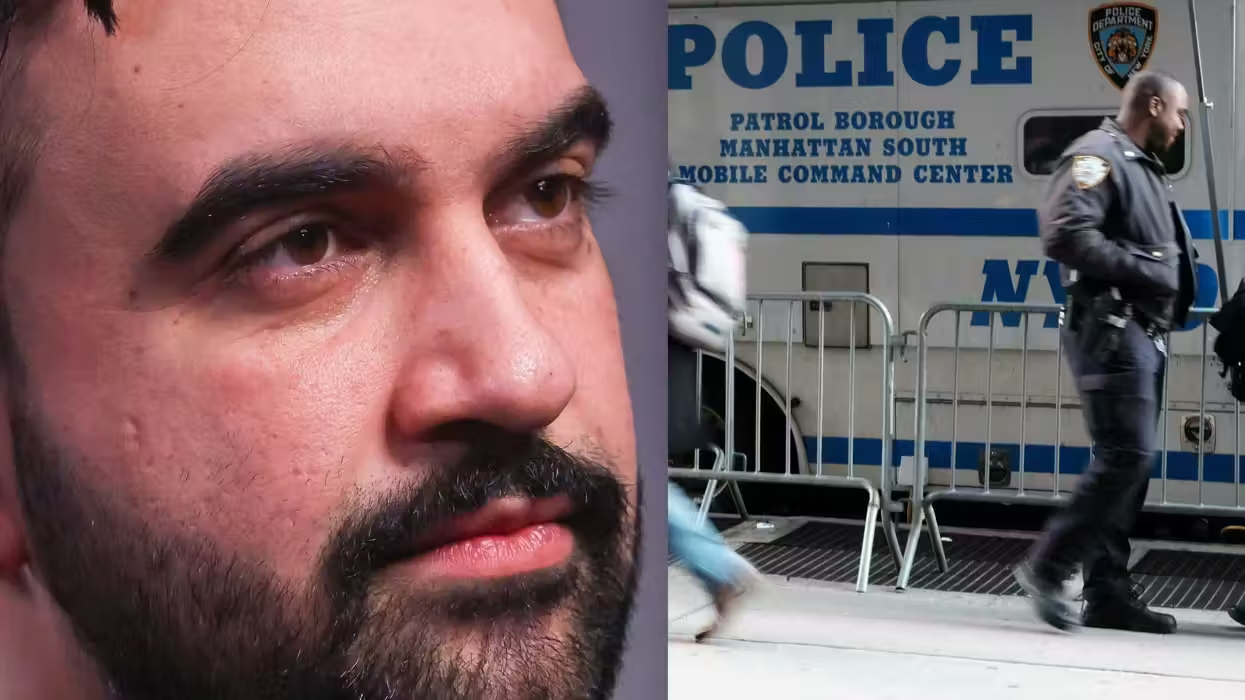© 2026 Blaze Media LLC. All rights reserved.
DHS Official Provides New Details, Maintains Innocence of Saudi National Once Considered a Person of Interest in Boston Bombings
April 22, 2013
The Saudi national who was initially a "person of interest" in the Boston bombings was placed on a "no-fly list," or a terror watch list, after he was detained and before federal authorities determined whether he was involved in the attack or just a mere witness, an official with the Department of Homeland Security told TheBlaze.
Abdul Rahman Ali Alharbi, who is in the U.S. on a student visa, was placed on the "no-fly" list as a precaution after federal officials identified him as a person of interest, the DHS official told TheBlaze. Early in the investigation, an "event" file was also created on the Saudi national by the National Targeting Center. The event, which has reportedly been viewed by members of Congress, links Alharbi to terrorist activity by flagging him under section 212, 3B and calls for his deportation.
Alharbi is currently considered innocent and not connected to the Boston bombings or the two suspects identified by the FBI, according to the DHS official. He was very cooperative and willing to do whatever investigators required to prove his innocence, the official said.
The DHS source told TheBlaze that there is no deportation order in effect for Alharbi and he did not know his whereabouts at this point.
 A photo allegedly of Abdul Rahman Ali Alharbi in the hospital.
A photo allegedly of Abdul Rahman Ali Alharbi in the hospital.
The source also told TheBlaze that Alharbi filed the correct visa-related paperwork to transfer schools from Ohio to Massachusetts. His student visa is reportedly still valid and not being violated, the source said.
Several questions, however, remain unanswered. For example, why was Alharbi flagged under section 212, 3B if officials determined he played no role in the Boston bombings? What evidence were federal officials in possession of that caused the terrorist label? Is there something else in Alharbi's file? The burden of proof required to file a 3B is significant, according to sources familiar with law enforcement protocols.
Federal law enforcement officials have provided very little information about Alharbi since it was first reported Monday that he was in "custody" as a possible suspect in the Boston bombings. Federal authorities then refuted those reports and said Tuesday he was once considered a "person of interest" but he had been cleared of any involvement and was acting only as a "witness." By the end of the week, he was merely a victim of the attack.
During a congressional hearing on Thursday, a fiery Homeland Security Janet Napolitano said she was "unaware of anyone who is being deported for national security concerns at all related to Boston." She explained that Alharbi wasn't actually a suspect or a person of interest in the case.
When asked by Rep. Jeff Duncan (R-S.C.) during the hearing specifically why there were plans made to deport someone who was allegedly at the scene of the bombings, Napolitano refused to answer because the question is "just not worthy of an answer."
Officials with Immigration and Customs Enforcement (ICE) on Thursday denied there was a deportation order for Alharbi, saying that is "categorically false." The same ICE official then revealed that there was a second Saudi national in custody but said that individual was not linked to the Boston bombing.
Today, the DHS official shed some light on the mysterious case of a second Saudi student taken into custody on the day of the Boston bombings, which could have possibly led to some initial confusion on behalf of federal officials.
The second Saudi national, also in the U.S. on a student visa, was reportedly stopped at a port in Boston where he was picking up a shipment. The Saudi student was then detained at the port because of the heightened security checks being conducted after two bombs tore through downtown Boston.
Officials determined that the student was not connected to the Boston bombings, though he was found to have violated his student visa by not enrolling in school, the DHS official explained. He was then ordered to appear in court on immigration-related grounds as a result of the visa violation.
Want to leave a tip?
We answer to you. Help keep our content free of advertisers and big tech censorship by leaving a tip today.
Want to join the conversation?
Already a subscriber?
more stories
Sign up for the Blaze newsletter
By signing up, you agree to our Privacy Policy and Terms of Use, and agree to receive content that may sometimes include advertisements. You may opt out at any time.
Related Content
© 2026 Blaze Media LLC. All rights reserved.
Get the stories that matter most delivered directly to your inbox.
By signing up, you agree to our Privacy Policy and Terms of Use, and agree to receive content that may sometimes include advertisements. You may opt out at any time.






